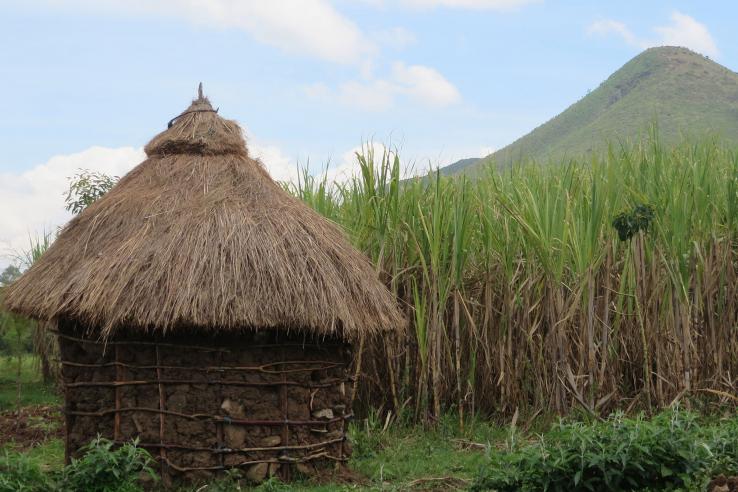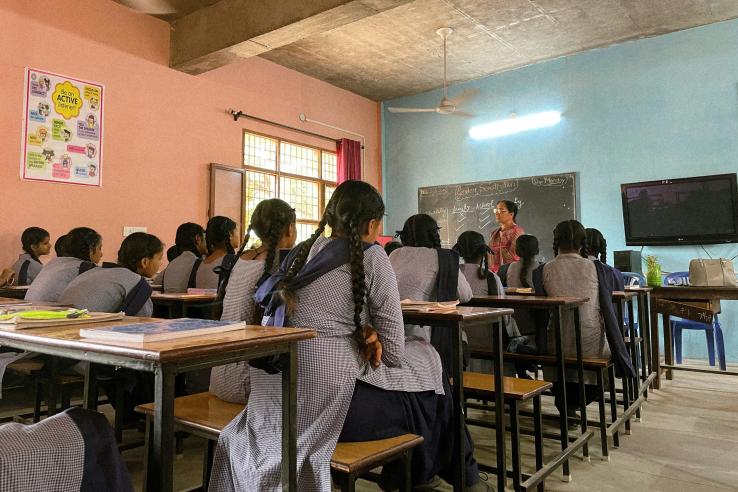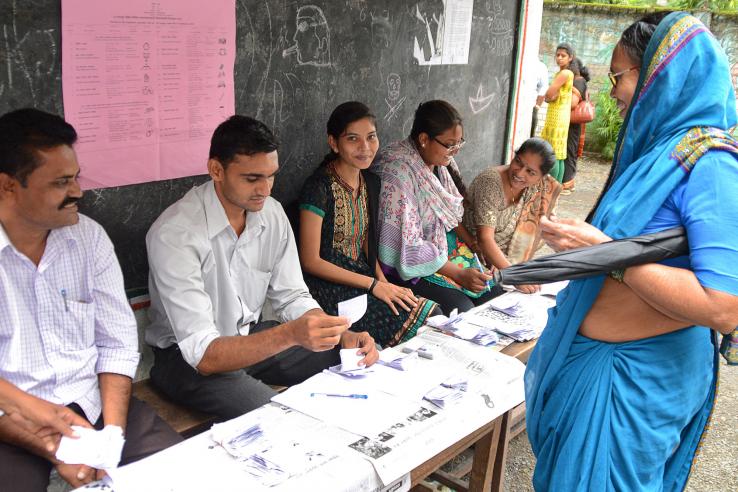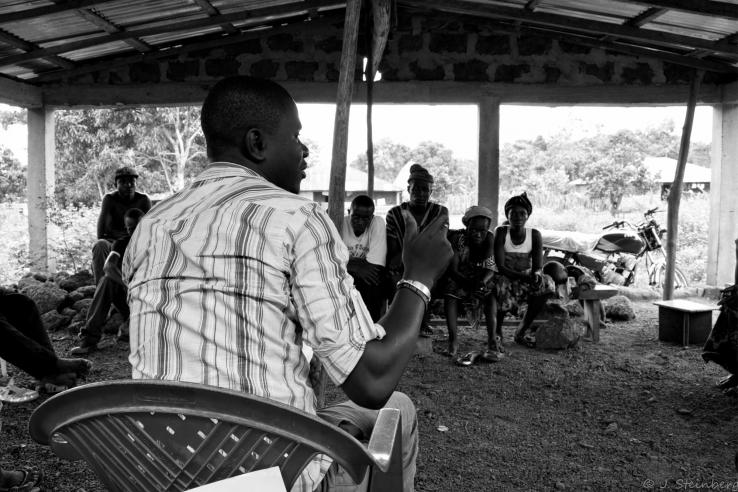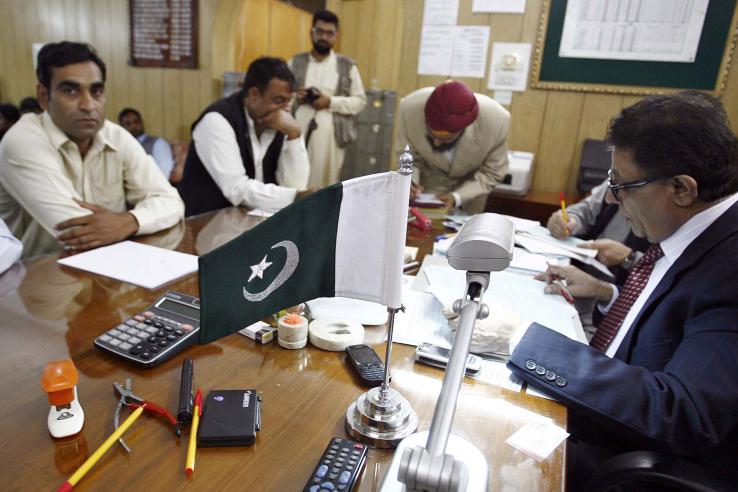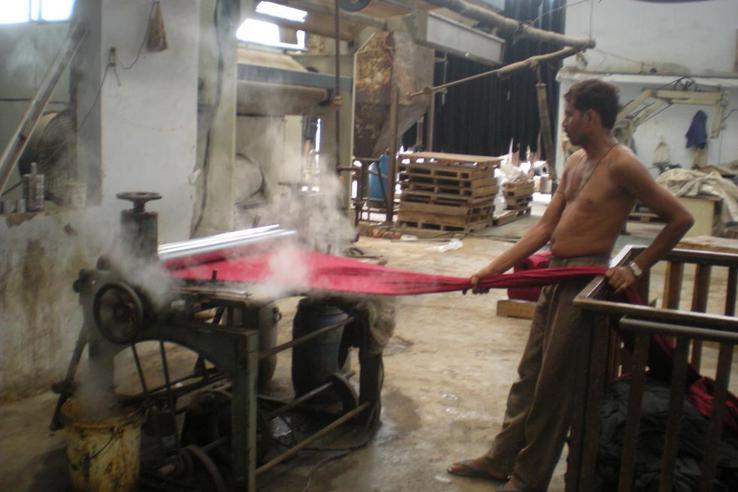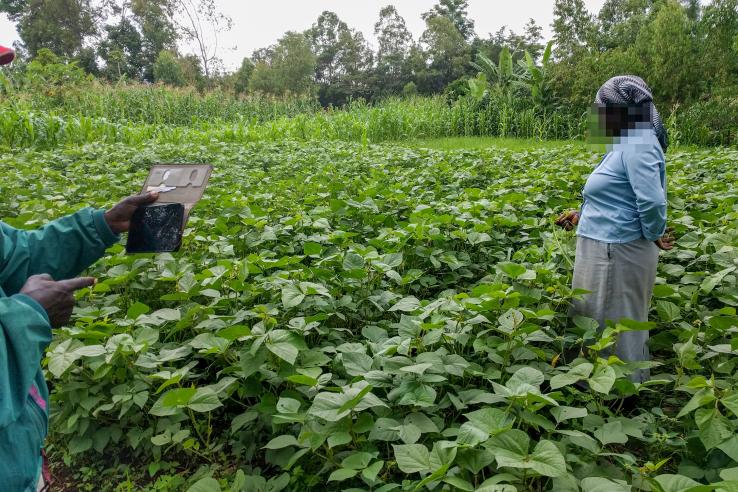Displaying 4471 - 4485 of 8489
Evaluation
In Western Kenya, researchers evaluated an SMS intervention whereby a large-agribusiness sent farmers with whom they contracted timely reminders on agricultural tasks to be completed. The SMS intervention was a cost-effective means of increasing yields, farmer revenue, and company profits. However, researchers found that the SMS intervention had no impact on yields when evaluated a second time one year later.
Evaluation
Researchers are working with Innovations for Poverty Action to study the effects of behavioral "nudges" that encourage teachers to enroll in loan forgiveness programs on program enrollment, teacher retention, and household finance.
Evaluation
In India, researchers evaluated the impact of a public sector management program involving comprehensive assessments of schools, detailed school ratings, and customized school improvement plans, on school functioning and student learning. Researchers found that the MPSQA program was successful in conducting high-quality external school assessments.
Evaluation
Evaluation
To diminish the effect of bribes on voter behavior, researchers designed and evaluated a non-partisan anti-vote-buying radio campaign during the 2014 Indian general election. Researchers assessed whether voters in areas that were randomly assigned to receive the radio campaign became less likely to vote for the reputed vote-buying parties. Researchers found that the radio campaign decreased the vote share of vote-buying parties by 3.5 to 7.1 percentage points.
Evaluation
In Chicago, researchers evaluated an intensive two-on-one math tutoring program for 9th and 10th grade male students in public schools to assess the effectiveness of individualized instruction. Students who were randomly assigned to tutoring scored higher on math exams, earned better grades in math, and were more likely to pass high school classes.
Evaluation
Evaluation
Researchers examined the impact of different types of motivation on the number and quality of candidates running for village councils in Pakistan, electoral outcomes, and elected candidates’ policy alignment with citizens’ interests. They found that portraying politics as socially beneficial–rather than personally rewarding–increased candidate entry, their electoral success, and elected officials’ policy alignment with citizen preferences.
Evaluation
Recent studies have found that summer youth employment programs appear to generate large declines in the rates of violent crime—a significant finding for urban policymakers seeking to create safer, more vibrant cities.
Evaluation
In Kenya, researchers matched farmers with subsidized, trained watchmen to evaluate the effect of improved farm security on farmers’ decision-making, agricultural productivity, and conflict with neighbors. Security was shown to increase and in response, farmers made different cropping, time use, and investment decisions, had higher agricultural yields, and experienced less conflict with their neighbors.
